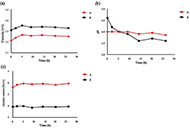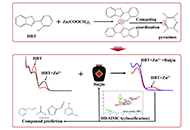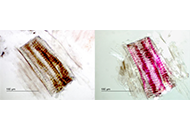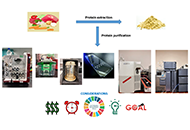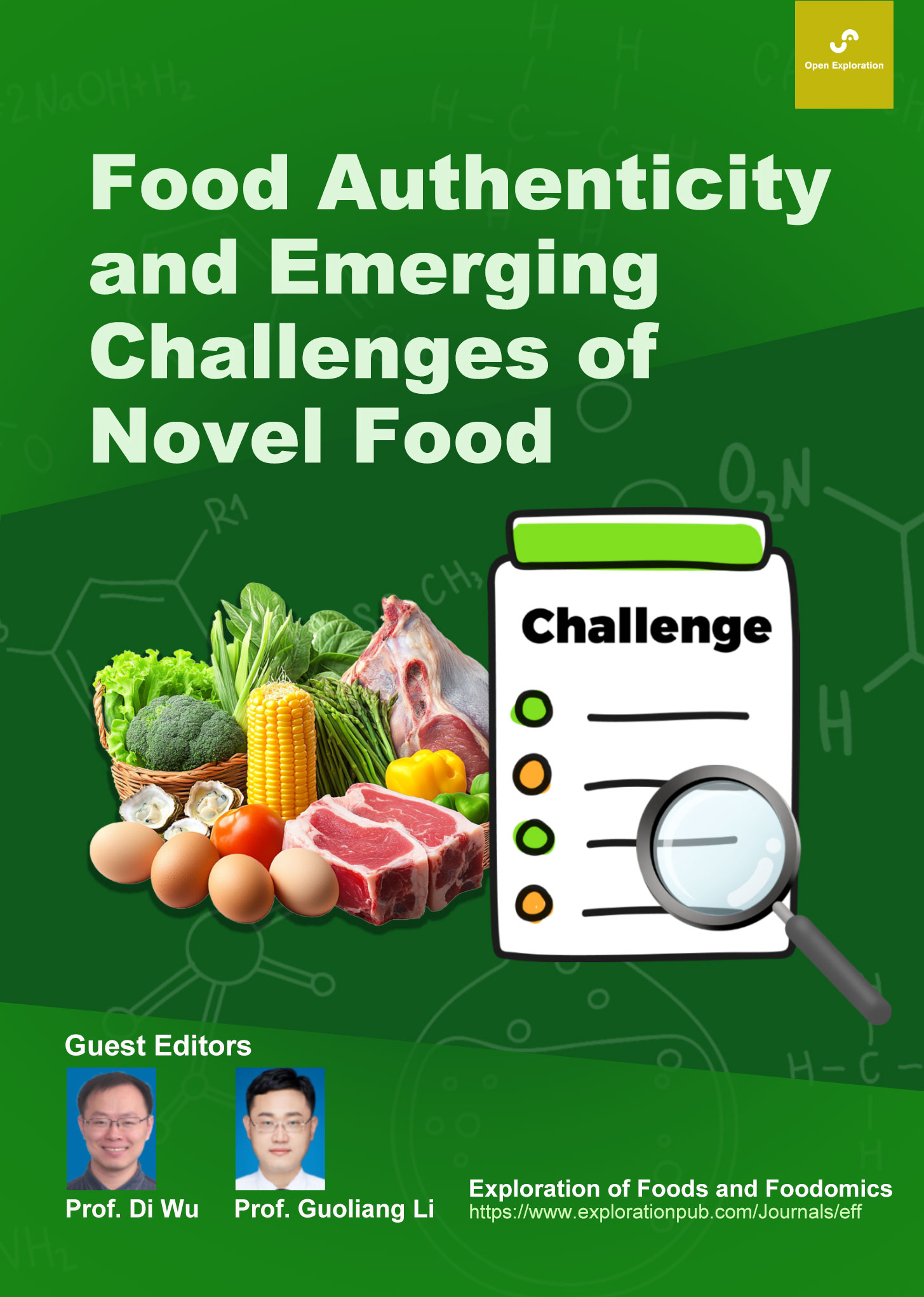
Food Authenticity and Emerging Challenges of Novel Food
Guest Editors
Di Wu E-Mail
Newton International Fellow (IGFS) at Queen’s University of Belfast, Belfast, UK
Research Keywords: Food integrity, analytical chemistry, mass spectrometry, SERS, food protein
Guoliang Li E-Mail
Dean of School of Food and Biological Engineering, Shaanxi University of Science and Technology, Shanxi, China
Research Keywords: Food safety and quality, food authenticity, food toxicology, analytical chemistry, bio/nanosensing technologies
About the Special lssue
The many challenges relating to sustainability and climate change, are threatening the prosperity of the planet and her residents. As a call for action, at the heart of the 2030 Agenda for Sustainable Development of the United Nations Member States, is the 17 Sustainable Development Goals (SDGs).
With the global population expected to reach 9.8 billion by 2050, finding sustainable and efficient ways to provide nutritious food, especially in relation to protein sources in conjunction with reducing greenhouse gas emissions produced by livestock are amongst the top priorities. Substantial efforts are in place to source alternative proteins from plants, insects, algae, microbes, fermentation, and cell-cultured paths have shown varying degrees of potential as complementary and/or replacement approaches to the animal protein industry with large profit margins. Meanwhile, potential health risks associated with the consumption of emerging food, ranging from altered nutritional structure, viruses, diverted complexity of microbiota, insufficient information on all novel species, toxins, heavy metal pollution, genetically modified organisms and allergenic effects, have not been well studied and is therefore a major knowledge gap for the food industry and regulatory authorities.
Food fraud, also known as the economically motivated adulteration, has caused massive public concern among stakeholders. Further driven by globalization and the increasing complexity of modern food supply chain structures, from field to fork, growing worries against the vulnerability of the food systems have been widely reported. With new forms of adulterations revealed, demands for developing a toolbox of the next generation fit-for-purpose methodologies, which are rapid, reliable, high-performance, cost-effective, transferable, and sustainable. Those latest advances in machine learning models have also enlightened a promising future path and starting a revolution in data processing.
The proposed special issue is aimed to fill these knowledge gaps in food authenticity and emerging food categories. By adopting multidisciplinary cutting-edge science, new technologies in analytical chemistry and data science. Researchers are invited to contribute original research and review articles related to the following subjects: a) Potential health risks derived from alternative proteins b) Food authenticity and fraud challenges c) Innovations in analytical methodologies d) Machine learning, deep learning, human-in-loop, and data fusion e) None-targeted fingerprinting omics studies.
Keywords: Emerging food sources, one health approach, food authenticity, alternative proteins, analytical methods, none-targeted fingerprinting, machine learning, deep learning, spectroscopy, mass spectrometry
Published Articles
